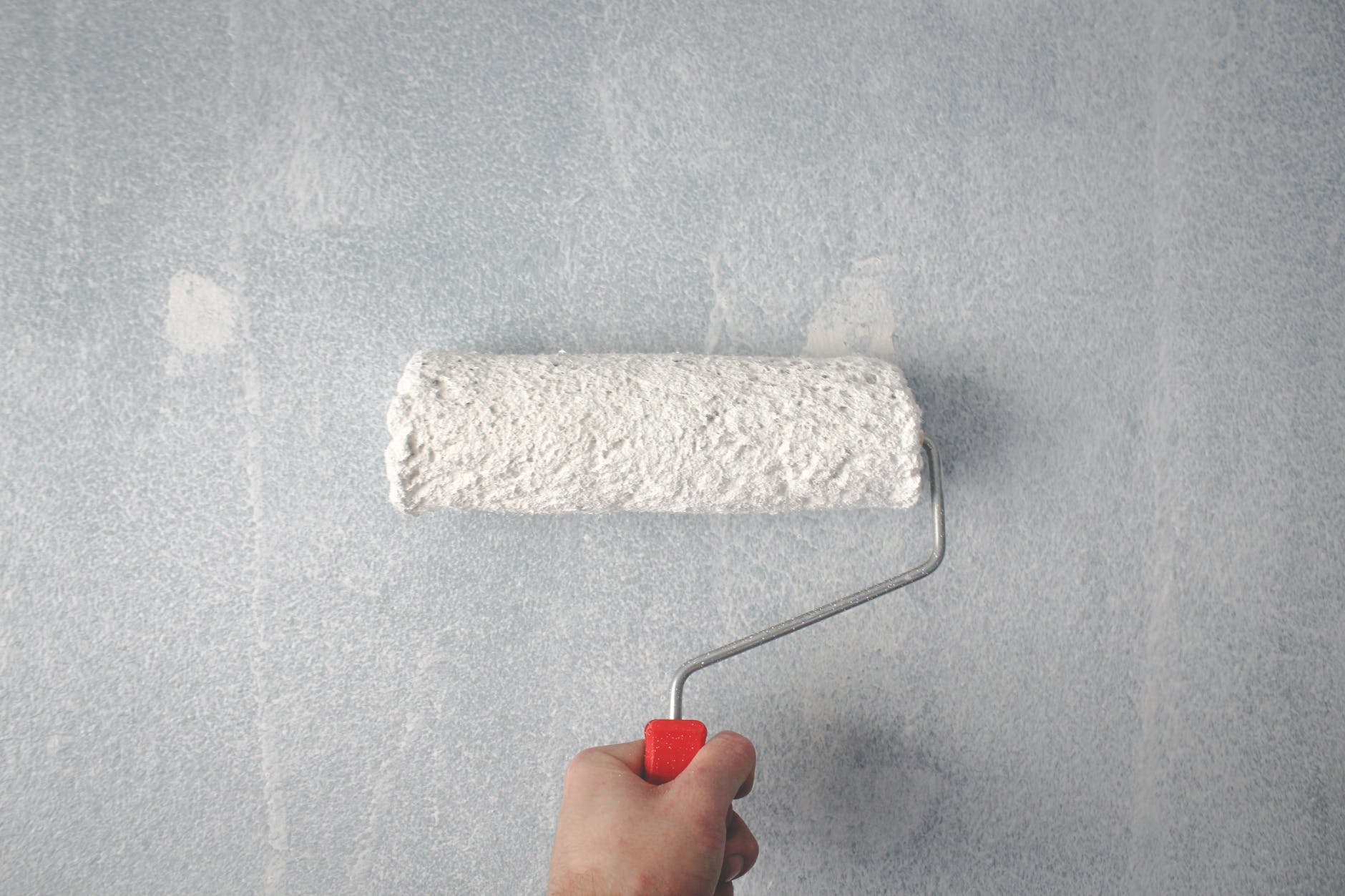How to Become a Painter

Professional painters specialize in creating and decorating spaces ranging from commercial buildings and homes, public art installations or private collections.
Becoming a successful painter takes practice and commitment. Furthermore, finding your unique style and sticking with it are both key components to becoming successful painters – this will allow you to build up an oeuvre and attract galleries or collectors.
Develop your skills
Painters Melbourne require certain fundamental skills in order to produce visually appealing paintings, such as drawing, making three-dimensional objects appear two dimensional and using harmonious colors.
Painters require dexterity in order to add small details and paint for long periods without tiring, which can be developed through taking art classes and exhibiting your work at galleries or shows locally.
Network with fellow painters and professionals in the industry in order to find mentorship opportunities. A mentor can assist in identifying areas where your skills can be enhanced as you evolve professionally – something which will get your name out there more efficiently and increase the likelihood of landing an employment contract as a painter.
Invest in high-quality paints
If you want to become a professional painter, investing in high-quality paints is crucial to achieving great results and prolonging the lifespan of your works of art. Doing this will allow for maximum performance while guaranteeing longevity of your paintings.
Start by purchasing several types of paint and testing them out on different surfaces. For instance, watercolor may work better for landscapes while oil paints might work best with portraits.
Painters must also be capable of performing routine maintenance tasks like sanding surfaces and filling holes in drywall, understanding verbal instructions and implementing safety guidelines, prioritizing cleanliness by covering surfaces prior to starting painting and tidying their workspace afterward.
Develop your style
To develop your style as a painter, it is necessary to experiment with various materials and techniques. These may include clay, wire, paper mache, etc. You should also experiment using various tools like brushes, brayers and your fingers; try painting using each in a unique manner before recording results in a studio notebook.
Show your artwork to others for constructive criticism, which can help identify areas for improvement and teach you to accept criticism. Involve someone who’s also trying to be an artist as your accountability partner so they can check in regularly with how your work is progressing – they may also provide motivation when things don’t go as planned!
Extend your reach
As a professional painter, reaching out to those interested in your art is key for selling paintings successfully. Social media provides the ideal way to promote and display your works to potential buyers.
Cold emailing individuals who might be interested in your work is another approach to explore, but be sure to keep emails concise and direct. Furthermore, add them as contacts on LinkedIn so they can contact you later if interested.
As a painter, your aesthetic and vision are unique to you and it would be counterproductive for you to change midway through your career. Doing so could cause galleries and collectors to lose interest in you as an artist.
Become an expert
Everytime someone asks how a painter became adept at their craft, the answer will most likely be: practice. Through internships, gallery shows or apprenticeships gaining hands-on experience in your field is critical in becoming a professional painter.
Explore various styles of painting by watching artists that inspire you, taking art classes through a community center or school for fine arts, or experimenting with various materials (for instance watercolors are great for landscape paintings while oils may work better for portraiture) until finding one you prefer; experimentation will help you stand out amongst your peers! Observing other artists will allow you to gain inspiration as well. The more styles of painting that can be learned will help make you an exceptional painter!